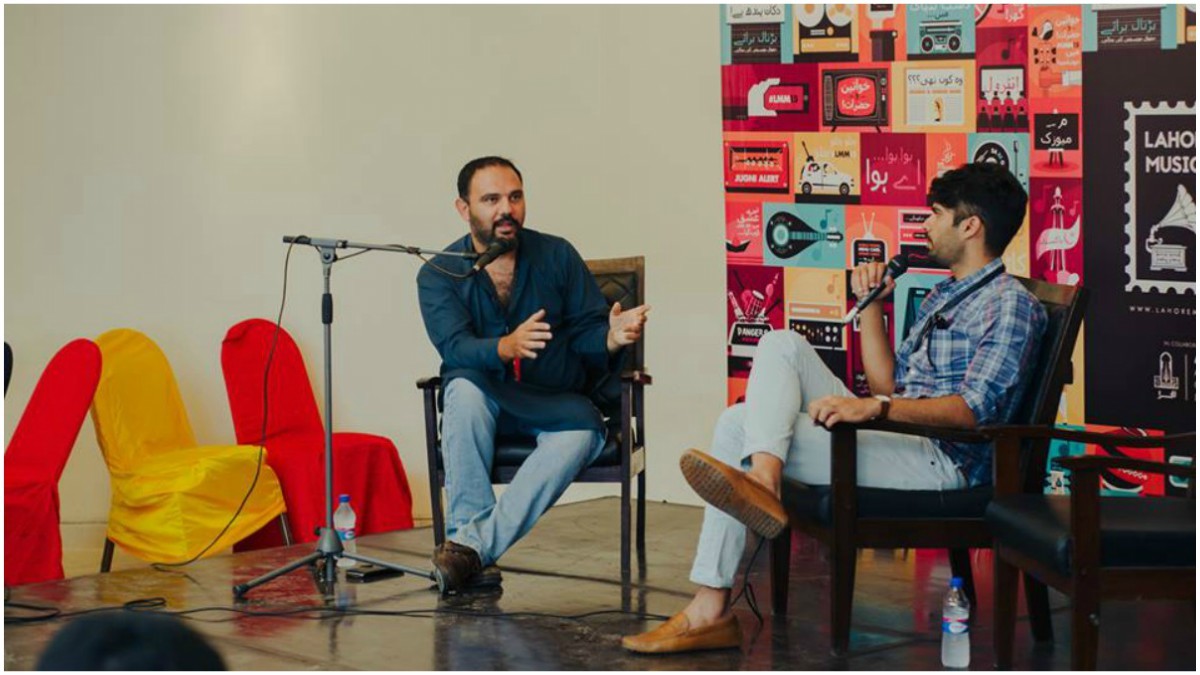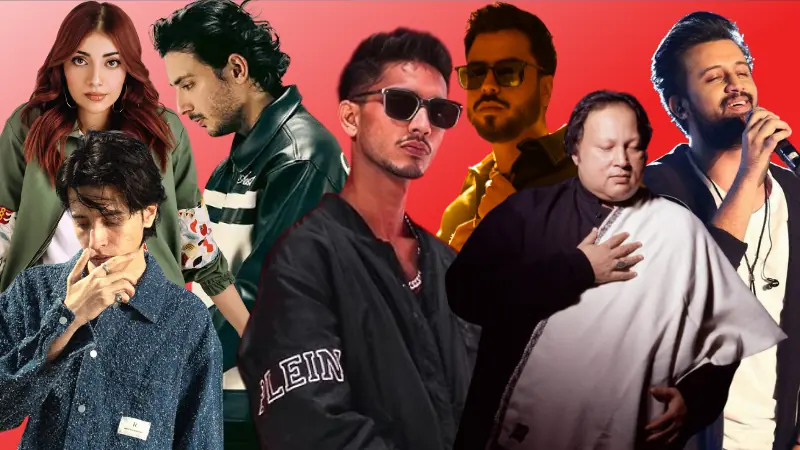Everything you need to know about Lahore Music Meet 2016
Have you ever wanted to explore the mechanics of metal music and also watch Zoe Viccaji sing live, all at the same venue?
Or have you craved a chance to finally give bassists their due as you're brushing shoulders with Meekal Hasan?
Well, the Lahore Music Meet ’16 promises you just that.
The second installment of the two-day event provides music lovers with an opportunity to meet artisans, artists, patrons, industry representatives and academics to initiate dialogue on the developments in music and their shortcomings.
Although the event lineup is subject to change, we've got the scoop on a few sessions that will tentatively take place at LMM. Some issues to be addressed are ‘The Dissemination of Music in the Digital Age’, ‘The Impact of Contemporary Radio in Pakistan’, ‘Evolution of Music Videos in Pakistan’ and workshops including music composition and sound therapy. The event also features artists like Tina Sani, Noori, Sara Haider, Mooroo and Shiraz Uppal in addition to many others.

The founders of LMM, namely Natasha Noorani and Zahra Paracha, insist that this year's LMM will be better than the last. Here's how:
Images: What should visitors expect from LMM this year? How will it be different from the first edition?
Zahra Paracha (ZP): If I were to describe this year's LMM as compared to last year's event, I would say it is more daring and will hopefully be more representative of those lacking representation in our industry. This year is different because the musical landscape has changed since last year's LMM.
In LMM16, we are trying to go beyond discussing topics that have easy conclusions. We are encouraging our panelists and participants to talk about difficult issues pertaining to our society and the subsequent impact these issues have on our music industry.
Natasha Noorani (NN): This year we’re trying provide a number of avenues through which the direction of discourse and the approachability of music is as hands-on as possible. This way instead of just discussing potential problems in education and awareness we’re doing our level best to ensure people get their foot through the door.

Images: How does this initiative help artists, panelists and enthusiasts connect with music and contribute to the discourse?
ZP: LMM is designed around panel discussions, workshops and storytelling sessions. We formulate the topics of discussion with the help of the participants and try to bring in new people to showcase their skills, talent and research. More often than not, the participants request that we mention issues which we were not even aware of. And the storytelling sessions are designed to reveal details about an artist's life, which may give an insight into the kind of person that they are and why they perform the music that they do. As the LMM team, we provide a space for people to meet and talk about music in different capacities.
NN: This time around we are offering our participants with a lot of choice in terms of the number of sessions taking place at the same time. This way they can opt to attend a talk that interests them the most instead of having only one session to participate in. We have scheduled the lineup accordingly and I believe this way people can take away more pertinent ideas from the workshops that suits their interest and time. We essentially want the general public to contribute towards the discourse, and that can only happen when they truly connect with concerns being addressed.
We’re also excited [by] the range of artists we have on board. Mai Dhai and Red Blood Cat on the same night is an amazing way to get a great cross-section of people to explore newer forms of music.

Images: After the success of LMM’15, what has been the key source of motivation that led you into organizing the second edition?
ZP: When we first began discussing LMM in 2015, it was just an idea. Even though we had a lot of support from people, there were a few individuals who reacted negatively and considered the event to be a pipe dream. Fortunately, our own group of founders -- Natasha, Ayesha, Noor, Hasan and myself included -- kept working despite the criticisms and eventually managed to pull off the first Lahore Music Meet.
I’ve learned to keep going regardless of the obstacles. Sometimes these obstacles are there to test how much you want to achieve your goal. And in those rare moments one manages to overcome all hurdles, and that’s when it becomes worth it!
NN: My core team for sure! My co-founder Zahra Paracha is working on this as diligently as I am. Also, we would have never been able to sustain the idea without the constant support of our sponsors, EMI. LMM started last year as just an idea that we all worked to build into a concrete platform for growth. The key goal behind LMM remains the struggle to represent a clearer and more complete picture of Pakistani music.











Comments